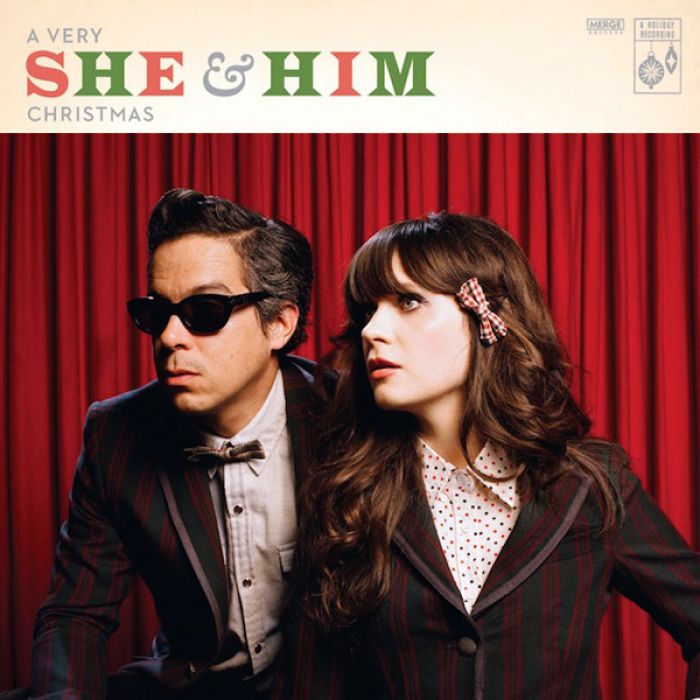Hey Pitchfork, just what is “Instagram-folk” anyway?

It’s safe to say that Pitchfork has developed a reputation for a certain review style, one that is often characterized by smugness and an overriding sense of its own cleverness. And while this can make for some entertaining reviews — I still chuckle at Ryan Schreiber’s review of Jimmy Eat World’s Bleed American and Rob Mitchum’s review of Desaparecidos’ Read Music — Speak Spanish — it ultimately feels either masturbatory or mean-spirited (e.g., Brent DiCrescenzo’s review of Radiohead’s Kid A, Ray Suzuki’s NSFW review of Jet’s Shine On).
I actually stopped reading Pitchfork for awhile, I found it so bothersome. That sort of criticism may have been good for cheap laughs, but I’d become more enamored and enriched by the thoughtful, passionate style of such writers as Andy Whitman and Jeffrey Overstreet. However, I’d begun regularly visiting Pitchfork again earlier this year, particularly their track reviews… and then a friend tweeted about their review of She & Him’s A Very She & Him Christmas, and I suddenly remembered why I’d stopped reading Pitchfork in the first place.
Rob Harvilla’s review is basically every Pitchfork review cliché rolled into one article. The rambling prose that says so little with so much, the descriptors that serve only to obscure (“Instagram-folk”?!), the smug derision, the cleverness that exists for its own sake (again, “Instagram-folk”?!) — it’s all there. Perhaps worst of all, much of it isn’t actually about the album being reviewed but rather, focused on Zooey Deschanel’s current level of cultural cachet. (For example: “Even now the fates have begun chiseling her porcelain visage onto the Manic Pixie Dream Girl Mount Rushmore (preferably capturing the bewildered look she gave Billy Crudup at the end of Almost Famous), honoring her decade-long career as Twee Personified.”)
I’m not trying to simply call out Harvilla specifically: he’s certainly not the only person who writes in this sort of manner (and I’ve indulged in it myself, too). Nor am I saying that anecdotes, sarcasm, witticisms, and clever prose have no place in reviews. Rather, my point is that once your review becomes less concerned with the item you’re reviewing, and more concerned with how you are reviewing it, you’ve begun doing an actual disservice to your readers, not to mention the artist(s) you’re writing about. It’s a selfish, prideful approach that places you, the critic, above all else, and it communicates and breeds cynicism and contempt, qualities we don’t really need more of.